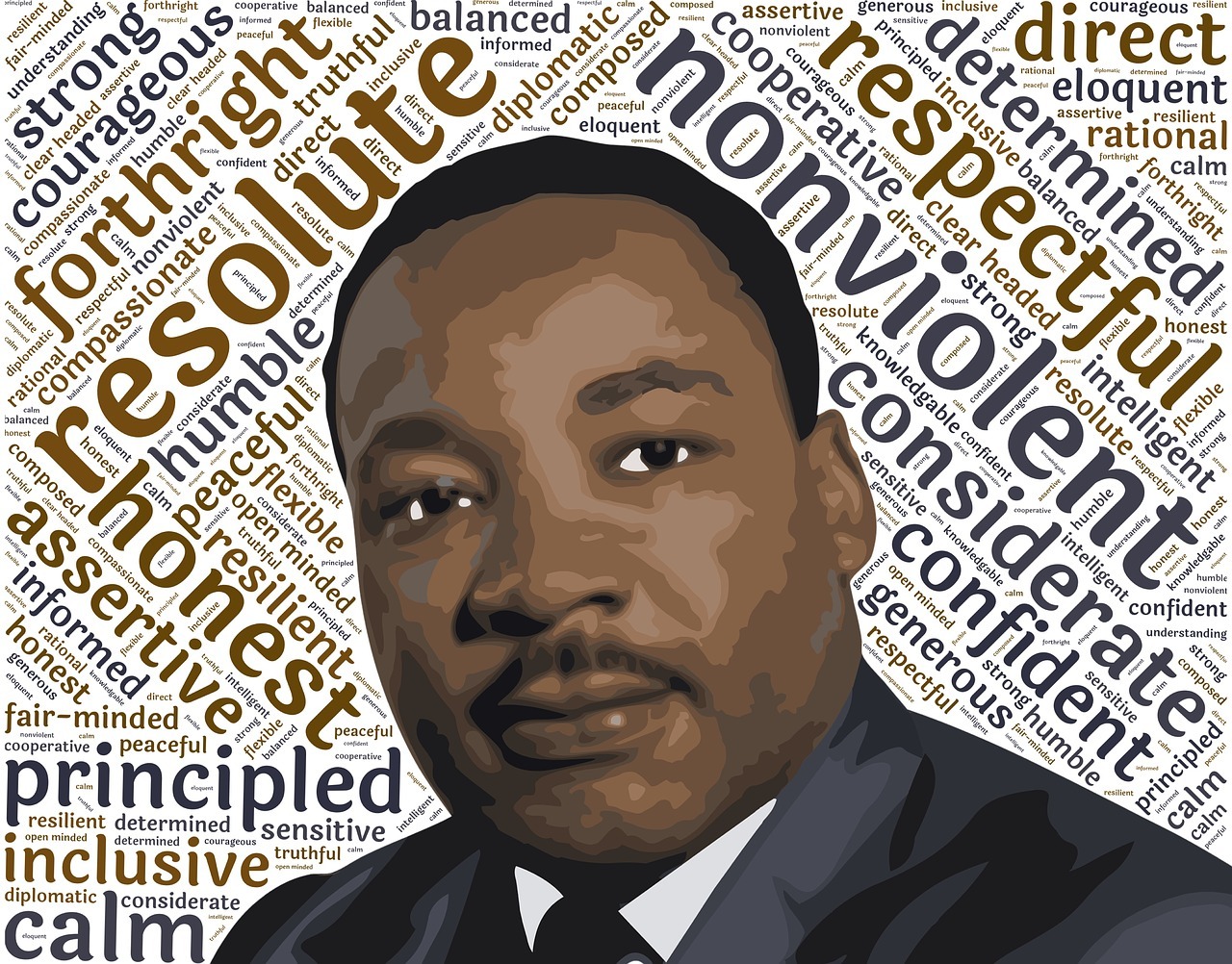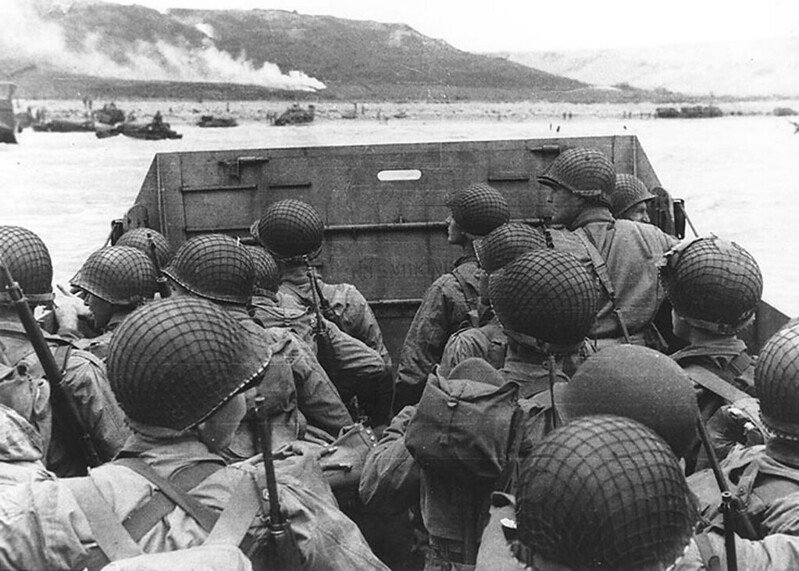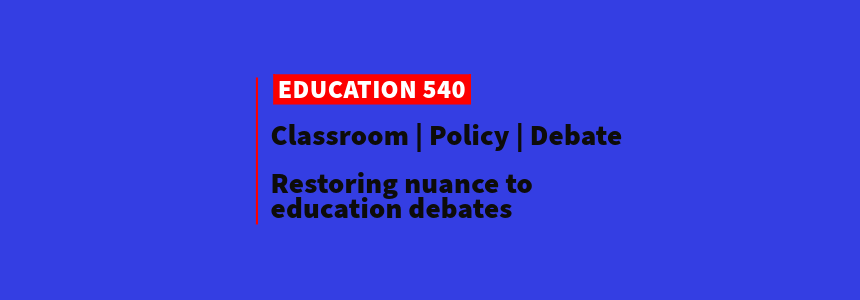
Race remains America’s “original sin,” if you find religious language helpful. However, defining race with religious language unnecessarily narrows the problem.
Today – as we celebrate Martin Luther King Jr.’s legacy – it’s appropriate to recapture the breadth of the problem that fueled racism in America as King understood it. To do so is to recapture what led to so many steps forward in the 1950s and ‘60s, and to understand why race relations have largely stagnated since.
That requires both a reexamination of King, and new language to recapture what we have lost in his story. The “Great Divide” is that language, and the issue of poverty is what which can help us again move forward on racial issues.
Chasing the wrong ‘Dream’
The key to closing the rifts created by racism was is recognizing the role that poverty played in creating the rift that exacerbated racism.
In a bold move that effectively King’s shift in strategy, he moved his staff and family into Chicago’s North Lawndale Community in 1966. He was there at the invitation of Black leaders in Chicago who were working to end the racial segregation in the Windy City that kept minorities locked in tenements, deprived families of wealth, and perpetuated the factors that drive multigenerational poverty – poor education, limited economic opportunity, and the limited access to the levers that drive social mobility.
Sheryll Cashin described the environment well in her column for Politico last year:
King’s Lawndale neighbors paid more in rent or purchase price for wretched housing than whites paid for modern homes in the suburbs. They paid more for consumer goods. They could not leave Lawndale, nor could they access jobs that were elsewhere. This social system, a “ghetto prison” or a domestic colony, was in many ways more resistant to change than the caste system SCLC had attacked in the rural south. And yet King and others in the Chicago movement had the audacity to try.
King’s efforts in Chicago would enjoy only moderate success, but it proved a catalyst for the Fair Housing Act in 1968 – itself passed just days after King’s assassination.
As important, however, is that King’s time there further convinced him that to really close the Great Divide that kept Blacks disenfranchised from the American Dream, it would be imperative to bring an end to the poverty that kept them locked in “ghetto prisons.”
A year later, he was lay the groundwork for the Poor People’s Campaign – a plan to return people to the Mall in Washington, D.C., not to talk about cashing checks promised in our Founding Documents, but rather to demand something more fundamental.
King explained the goal of the campaign was about something more fundamental – it was to help “a man needing an income to support his family.”
This goal was driven by the political reality King saw unfolding around him. With Black nationalists and other groups pushing for more-immediate change, by violence if necessary, and the majority of White America continuing to talk about incremental change – an issue that King attacked most memorably in his Letter from A Birmingham Jail – he felt that shifting the argument to a man supporting his family could be a middle path that would reignite, and refocus, his nonviolence mission.
“We have an ultimate goal of freedom, independence, self-determination, whatever we want to call it,” he told the Southern Christian Leadership Conference leadership group in January 1968, “but we aren’t going to get all of that now, and we aren’t going to get all of that next year.”
But, continued:
Let’s find something that is so possible, so achievable, so pure, so simple that even the backlash can’t do much to deny it. And yet something so non-token and so basic to life that even the black nationalists can’t disagree with it that much.
It was this movement that brought King to Memphis in April 1968.
The Poor Peoples Campaign
King had reason to be pessimistic that night. He wasn’t feeling well, and initially passed on the invitation to speak. It was only after Ralph Abernathy, whom King sent in his place, called from the Temple and encouraged him to speak that King agreed.
His speech that night would prove sadly prophetic. It’s remembered for his statement that he’d like to live a long life, but recognizing he may not. For King, it did not matter.
We’ve got some difficult days ahead. But it doesn’t matter with me now. Because I’ve been to the mountaintop. And I don’t mind. Like anybody, I would like to live a long life. Longevity has its place. But I’m not concerned about that now. I just want to do God’s will. And He’s allowed me to go up to the mountain. And I’ve looked over. And I’ve seen the promised land. I may not get there with you. But I want you to know tonight, that we, as a people will get to the promised land.
Largely forgotten by many was the essence of this speech.
King told the striking garbage workers of Memphis that “the nation is sick,” and that there’s “confusion all around.” But he said that this was the time that he wanted God to show him.
“That’s a strange statement,” King said, “but I know … that only when it is dark enough, can you see the stars.”
He saw hope in the poor, hope grounded in their wealth.
Now, we are poor people, individually, we are poor when you compare us with white society in America. We are poor. Never stop and forget that collectively, that means all of us together, collectively we are richer than all the nation in the world, with the exception of nine. … We have an annual income of more than thirty billion dollars a year, which is more than all of the exports of the United States, and more than the national budget of Canada. Did you know that? That’s power right there, if we know how to pool it.
King knew how to pool that power. He had done it in Birmingham. He had done it in Atlanta. He had done it in Jackson. He had done it in Chicago. And he was doing it in Memphis.
The following day, however, the man who knew how to leverage the power was gone.
The Stars Are Shining – May They Guide Us
Had we made progress in closing the Great Divide around poverty, would we have been further down the road today in closing:
- The “achievement gap” in education. The stubbornly persistent gap in standardized tests that exists between Black and Brown peoples relative to White people?
- The “economic gap.” Again, though a gap will always exist, this gap has persistently hurt a significant portion of U.S. citizens. Today, it is surging to levels not seen since the Gilded Age.
- The “housing gap.” Though there is a shortage of housing nationwide, the problem of affordable housing remains an unwieldy problem for the poor and poor minorities.
- And finally, segregation itself, which is worse today than a generation ago.
The Great Divide is not, however, an intractable problem. There are solutions. The question is, are we willing to embrace them?
Doing so requires we lay aside political ideology and adopt a solutions mindset.
This year – 2024 – will go a long way toward answering whether we will continue to be guided by mindless ideology, or a mindset that prioritizes solutions over political wins.
To borrow King’s words: “The nation is sick…. There is confusion all around…. [but] only when it is dark enough, can you see the stars.”
The stars are shining bright. If only we have the courage and the wherewithal to be guided by them.
by Martin Davis
EDITOR-IN-CHIEF





